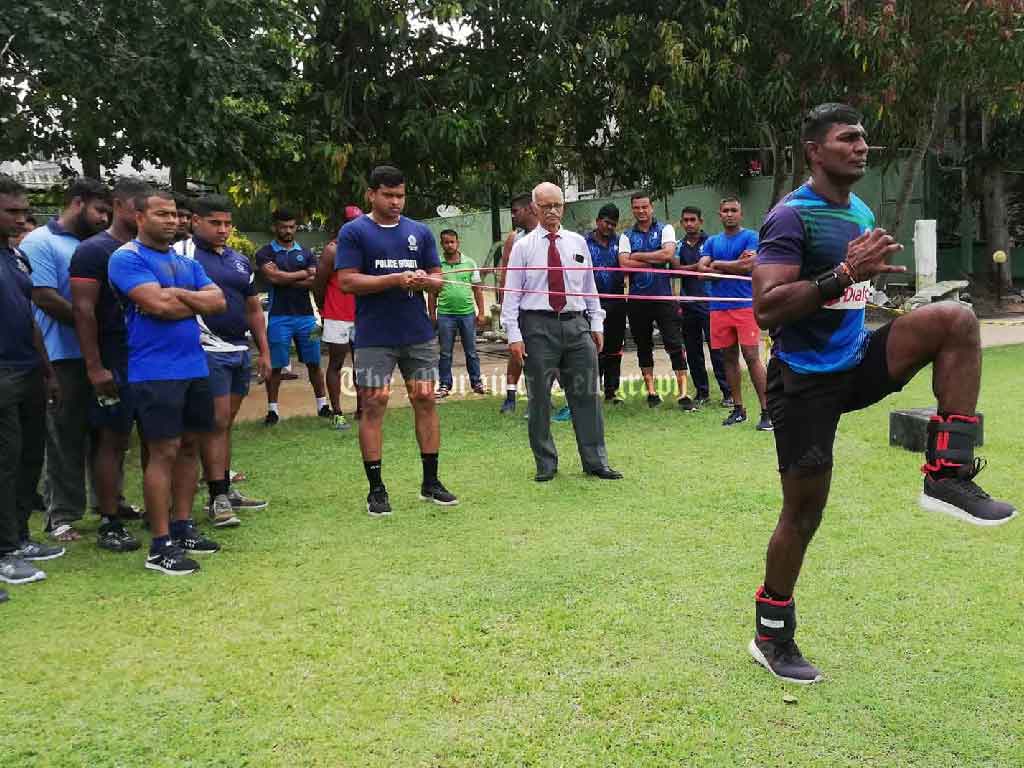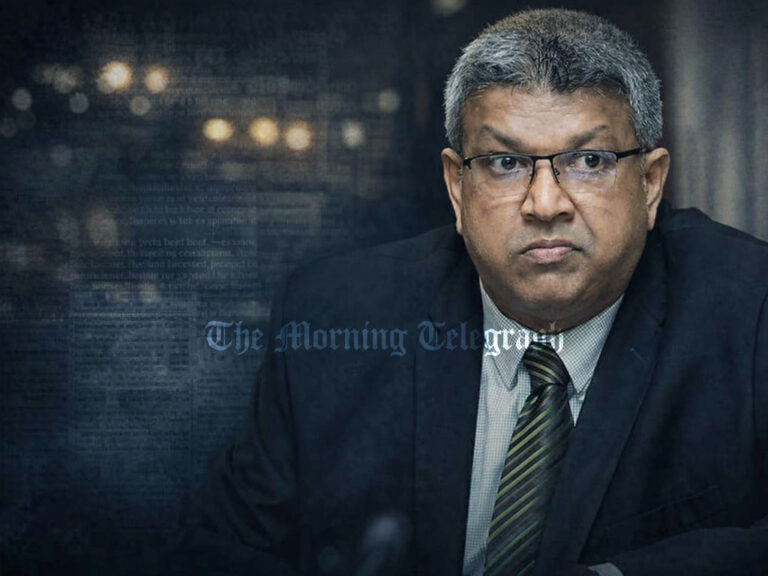
In response to the alarming rise of non-communicable diseases (NCDs) within the Sri Lanka Police force, Acting Inspector General of Police (IGP) Priyantha Weerasuriya has instituted a series of measures aimed at improving the health and well-being of officers. A circular issued by the IGP mandates that all police personnel engage in physical exercise every Saturday morning. The exercise sessions are designed to promote physical fitness and reduce the strain of long, irregular hours and high stress levels that are contributing to a growing health crisis. The circular also encourages officers to participate in team sports such as volleyball in the evenings to foster teamwork while enhancing fitness.
The drastic action follows worrying health statistics that show a disproportionate number of police officers falling victim to NCDs. In 2023 alone, nearly 250 officers lost their lives due to conditions like heart disease, liver and kidney disorders, cancer, and diabetes. By October of this year, the number of fatalities had already exceeded 200, highlighting the urgent need for intervention. These diseases are particularly prevalent among officers due to their stressful work schedules, often consisting of 24-hour shifts that leave little time for proper rest, exercise, or healthy eating habits.
To address the situation, the police leadership has placed emphasis on enhancing the health infrastructure within the force. Officers are encouraged to utilize newly established medical help centres in their divisions, which provide basic healthcare services and referrals to specialized treatment at the Colombo Police Hospital. This initiative is designed to ensure that officers receive timely and appropriate medical attention before their health deteriorates to critical levels.
In addition to the physical exercise and healthcare programs, the police have introduced mobile health clinics that are being deployed to various regions, such as Tangalle and Kilinochchi, to provide on-site medical check-ups and treatment. These mobile clinics are part of a broader strategy to make healthcare more accessible to officers in remote locations, where access to medical facilities may be limited.
The police force is also working on collecting more detailed health data to better understand the scope of the problem and tailor the interventions accordingly. There are plans to expand these health initiatives across the country, ensuring that police stations and officers in every division are given the opportunity to undergo routine check-ups and take part in health programs.
The IGP has underscored the importance of physical well-being not only for the officers themselves but also as part of a wider strategy to improve public safety and the quality of service provided by the police. As part of the community policing concept, the health of officers is considered crucial to their ability to engage effectively with the public and maintain law and order. As such, the IGP has emphasized the need for senior officers to support this initiative by encouraging their subordinates to prioritize their health and take part in regular fitness activities.




